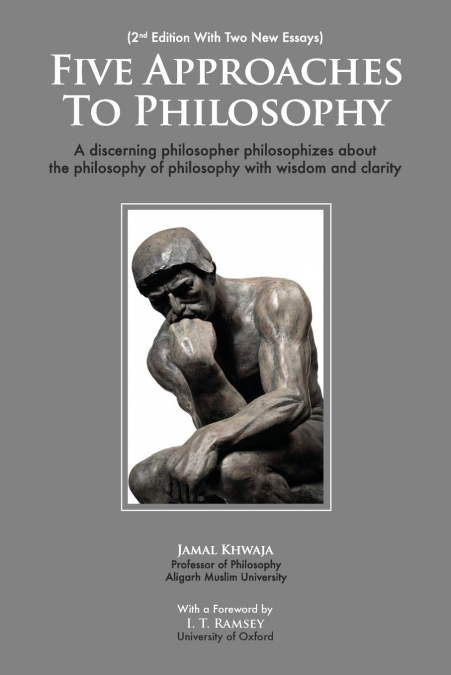
Jamal Khwaja
This monograph attempts to describe different approaches to philosophy, their situational and conceptual fields, their inter-relations and limitations. The possibility of combining them into a multi-dimensional approach is also discussed. The key notion underlying this essay is that the actual doing of philosophy must be rooted in a critical and comparative meta-philosophy.Most philosophers are so busy in establishing truths, or analyzing words and sentences, as the case may be, that they tend to neglect meta-philosophy. This leads to methodological isolationism and a polemical instead of an irenic approach to philosophical problems. The point of departure of this study is the view that the problem of the nature of philosophy and of philosophical disagreement is not a preliminary enquiry but rather the central query of twentieth century thought. The author critically examines five broad approaches to philosophy; the religious, the metaphysical, the cultural, the analytical and the existentialist. He cautions against the adoption of a mono-dimensional approach and recommends a multi-dimensional answer to this basic question. While this survey deals primarily with the philosophers of the West, the analysis and conclusions are applicable to all philosophers, Eastern or Western.